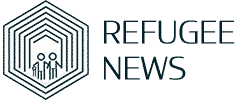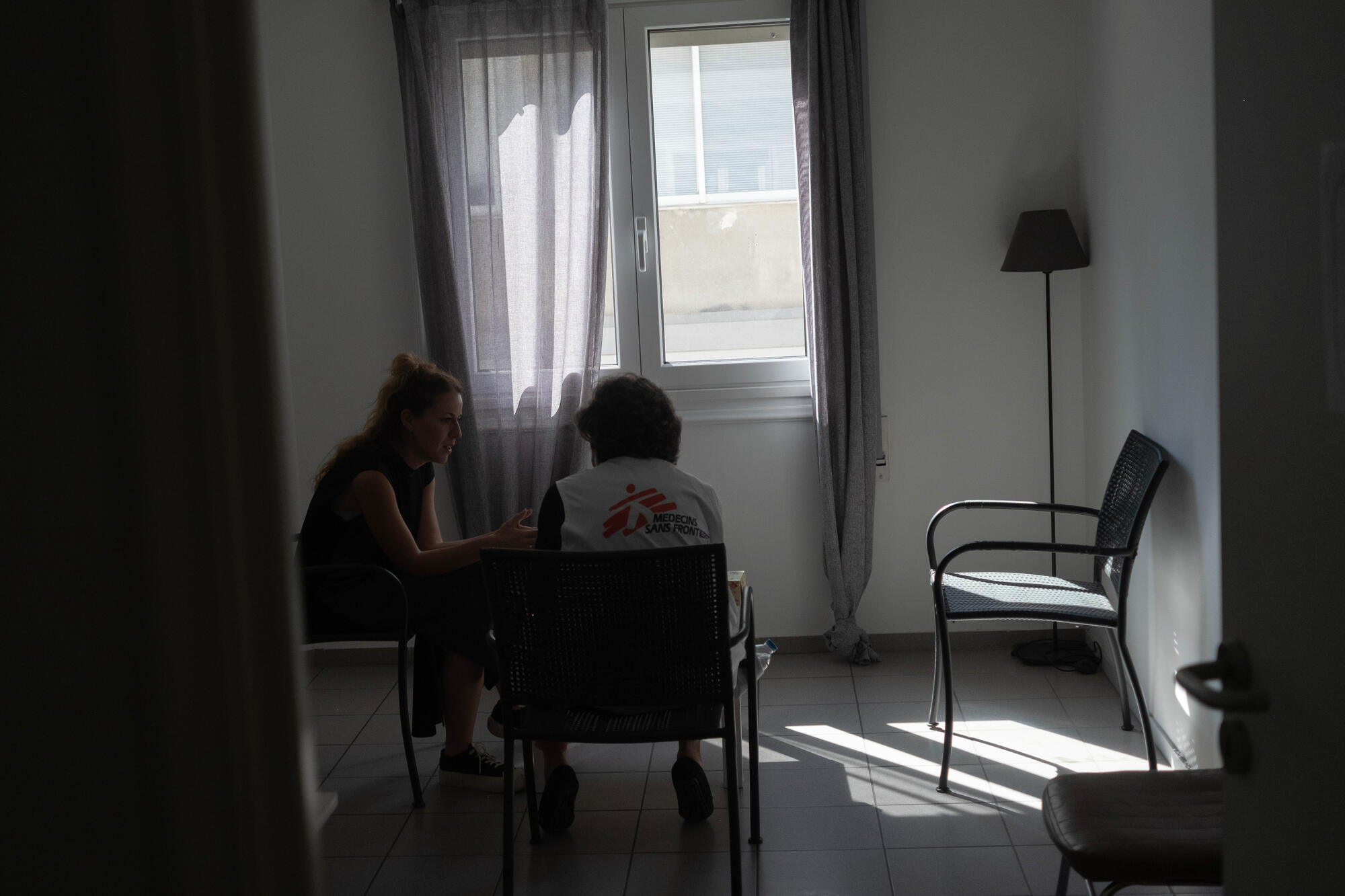The Emotional Toll of the Asylum-Seeking Process
Describing the emotional toll on individuals forced to continually justify their suffering during the asylum-seeking process, psychologist Panos Mylonas highlights the difficulties faced by migrants and refugees in proving their vulnerability for basic safety rights.
On International Mental Health Day
On International Mental Health Day, Panos Mylonas sheds light on the mental health crisis among migrants and refugees in Athens, Greece, where he supports unaccompanied minors, victims of sexual violence, and individuals with psychiatric needs.
The Journey, the Future, and the Trauma
- Migrants and refugees carry stories of survival from their countries of origin.
- Most individuals are unaware of dangers they will face on their journey.
- Combination of traumatic experiences at home and during the journey leads to complex mental health issues.
Deprivation of Healthcare Access
The denial of healthcare access has a direct impact on the mental health of migrants and refugees, leading to increased feelings of helplessness and exacerbating their psychological struggles.
A Particularly Vulnerable Group
- Unaccompanied minors face specific challenges in Greece.
- Support for minors often diminishes once they turn 18.
MSF’s Crucial Support
Médecins Sans Frontières provides specialized mental health support to refugees and migrants, offering a space for individuals to be heard and supported with dignity and respect.
Challenges and Calls for Change
- Support systems for migrants need better integration strategies and expanded mental health services.
- Improving asylum claim processing and living conditions in camps is crucial.
- Community awareness and support play a vital role in aiding migrants and refugees.
Providing Vital Support in Athens
Since the beginning of 2024, Médecins Sans Frontières has provided mental health services to over 1,900 individuals in Athens, addressing complex needs related to anxiety disorders, PTSD, and depression triggered by displacement and experiences of violence.
Source: www.msf.org

